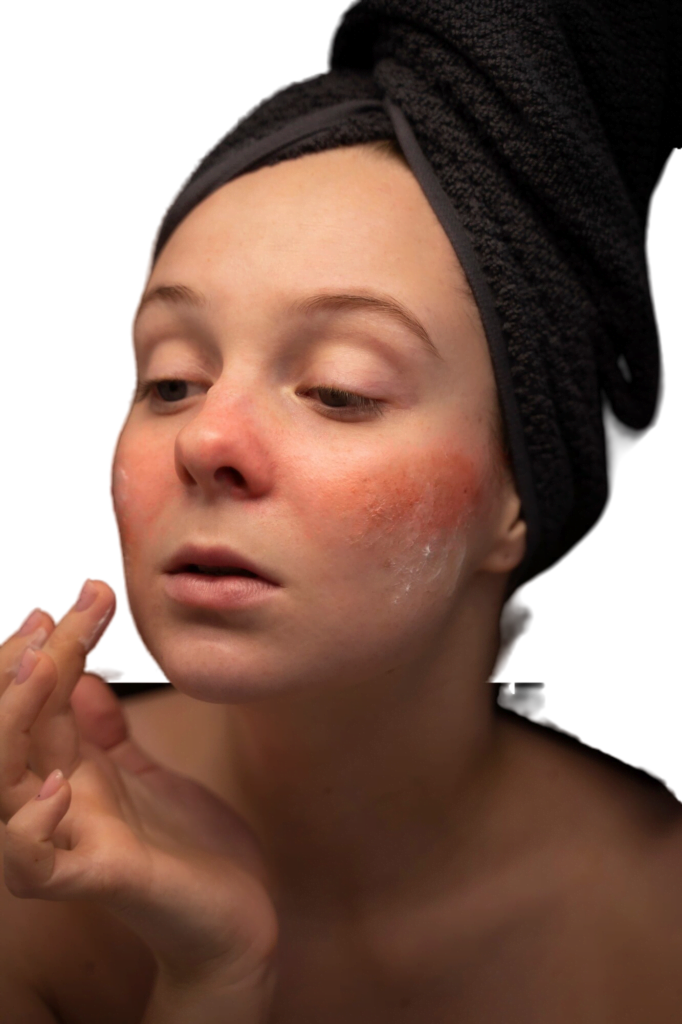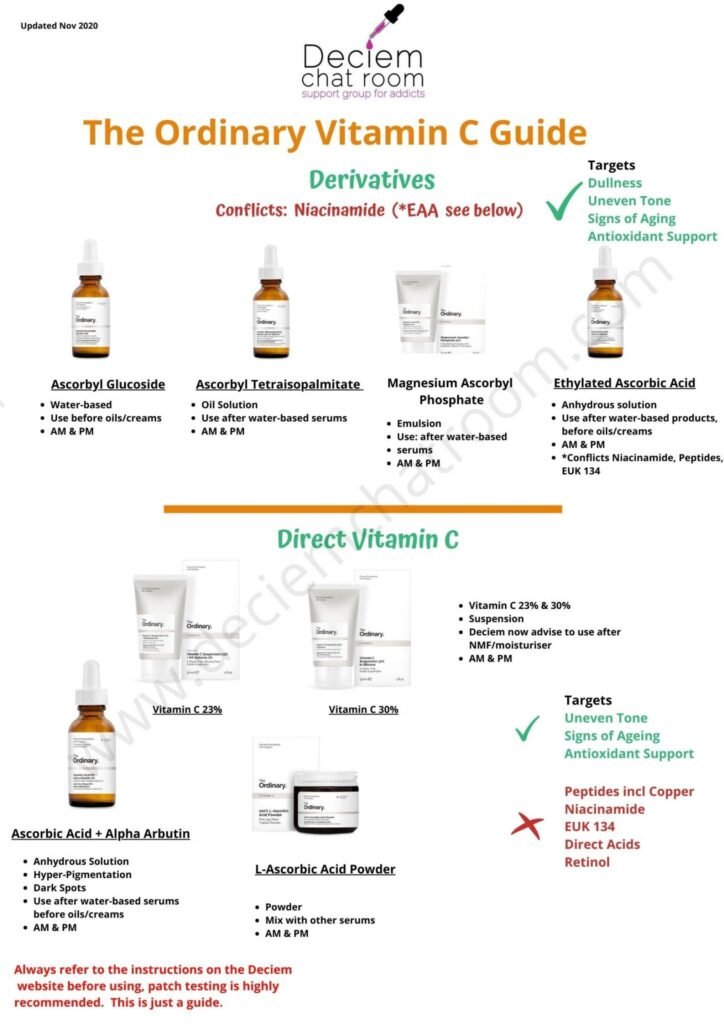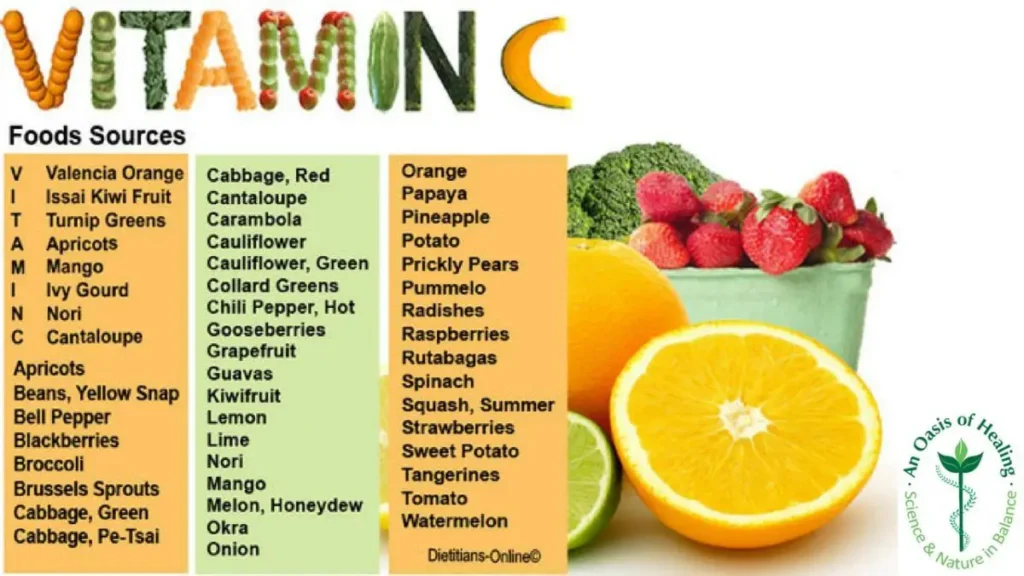Table of Contents
Boost your glow! Night creams with Vitamin C brighten skin, reduce dark spots, and enhance radiance.
Collagen Boost using vitamin c:

using night creams with vitamin c
Round-the-Clock Care:
Combining Vitamin C with a night cream offers a comprehensive skincare routine, addressing both daytime protection and nighttime rejuvenation. This 24/7 approach can lead to better overall skin health.
Reduction of Fine Lines using vitamin c in a right way:

The antioxidant properties of Vitamin C, when used consistently with a night cream, may contribute to the reduction of fine lines and wrinkles, particularly when the night cream contains ingredients like retinol.
Cons of using vitamin c:
Potential Sensitivity: Vitamin C can cause skin sensitivity, especially for those with delicate or sensitive skin. Some individuals may experience redness, irritation, or dryness upon initial use.

Formulation Stability:
Vitamin C is sensitive to light and air, which can reduce its effectiveness. Ensuring a stable formulation and proper storage is crucial to maximize the benefits.
Risk of Oxidation using vitamin c:
Vitamin C serums are prone to oxidation, which can render them less effective. Regularly checking the product’s expiration date and discarding oxidized products is essential.

vitamin c is Not Suitable for Everyone:
Individuals with certain skin conditions, such as eczema or rosacea, may find Vitamin C irritating. It’s advisable to consult with a dermatologist before incorporating it into the skincare routine.
Is vitamin c Safe for Your Skin?
The safety of using Vitamin C with night cream largely depends on individual skin types and sensitivities. Conducting a patch test before incorporating these products into your routine can help identify potential reactions. Additionally, choosing stable formulations and storing products properly can mitigate risks associated with oxidation.
In conclusion, when used wisely and with attention to individual skin needs, combining Vitamin C with a night cream can be a powerful and safe way to enhance your skincare routine. Monitoring your skin’s response and adjusting the concentration and frequency of use based on your skin’s needs will help you make the most of this dynamic duo.

FAQs
What are the benefits of using vitamin C with night cream?
Pros of using vitamin c:
Antioxidant Protection: Vitamin C is a powerful antioxidant that helps protect the skin from damage caused by free radicals and environmental stressors.
Collagen Boosting: It stimulates collagen production, which can reduce the appearance of fine lines and wrinkles.
Brightening Effect: Regular use can improve skin tone and texture, reducing hyperpigmentation and giving the skin a brighter appearance.
Healing Properties: Vitamin C promotes skin healing and canreduce the visibility of scars and blemishes.
Hydration: When combined with a night cream, it helps in retaining moisture, ensuring your skin stays hydrated and plump.
- Are there any potential drawbacks to using vitamin C with night cream?
Cons:
Irritation: Vitamin C, especially in high concentrations, can cause skin irritation, redness, or a tingling sensation, particularly for those with sensitive skin.
Stability Issues: Vitamin C is unstable and can degrade when exposed to light and air. This reduces its effectiveness unless it’s in a properly formulated product.
Compatibility: Not all night creams are compatible with vitamin C. Some ingredients may interact negatively, reducing the effectiveness or causing irritation.
Cost: High-quality vitamin C products can be expensive.
- How should vitamin C be incorporated into a nighttime skincare routine?
Cleanse: Start with a gentle cleanser to remove impurities from the skin.
Apply Vitamin C: Use a serum or cream that contains vitamin C. Ensure the product is stable and formulated for nighttime use.
Moisturize: Follow up with a night cream that complements the vitamin C product. Look for ingredients like hyaluronic acid and peptides that work well with vitamin C.
Patch Test: Always perform a patch test before incorporating a new product into your routine to check for any adverse reactions.
- Is it safe to use vitamin C every night?
Generally Safe: For most skin types, using vitamin C every night is safe and beneficial. However, individuals with sensitive skin might need to start with a lower concentration or use it every other night.
Monitor Skin Reaction: Pay attention to how your skin responds. If you experience persistent irritation, reduce the frequency or consult a dermatologist.
- What concentration of vitamin C is recommended for nighttime use?
Moderate Concentration: A concentration of 10-20% vitamin C is typically effective for most people. Beginners or those with sensitive skin might start with a lower concentration (around 5-10%).
- Can vitamin C be used with other active ingredients at night?
Yes, but with Caution: Vitamin C can be used with other active ingredients, but it’s important to ensure compatibility. For instance:
Retinol: Use with caution, as both can be potent and cause irritation when used together. Alternate nights may be a better approach.
Hyaluronic Acid: Works well with vitamin C, enhancing hydration.
Niacinamide: Controversial; some believe it can reduce the effectiveness of vitamin C, but recent studies suggest they can be used together if the pH levels are managed.
recommendations the skincare products rich in vitamin c and beneficial for your skin:

top Secrets of vitamin c
Positive growth.

Exploring the secrets of nature:
- Fruits Rich in Vitamin C
- Oranges: Classic source of vitamin C; one medium orange provides about 70 mg.
- Kiwifruit: High vitamin C content; one kiwi contains about 71 mg.
- Strawberries: A cup of strawberries provides approximately 89 mg of vitamin C.
- Guava: Extremely rich in vitamin C; one guava has around 228 mg.
- Papaya: One cup of papaya offers about 88 mg of vitamin C.
- Pineapple: One cup of pineapple chunks contains about 79 mg.
- Grapefruit: Half a grapefruit contains around 38 mg of vitamin C.
- Blackcurrants: Extremely high in vitamin C; one cup has about 203 mg.
- Acerola Cherries: Exceptionally high vitamin C content; one cup provides about 1644 mg.
- Tomatoes: Another fruit often mistaken for a vegetable; one medium tomato offers about 17 mg of vitamin C.


- Mango: A medium mango provides about 60 mg of vitamin C.
- Bell Peppers: Though technically a fruit, one cup of raw bell peppers (red, yellow, or green) provides about 120-190 mg.
- Cantaloupe: A cup of cantaloupe offers around 58 mg of vitamin C.
- Lemons: One medium lemon has about 30 mg of vitamin C; lemon juice is also a good source.
- Limes: One medium lime provides about 20 mg of vitamin C.










Leave a Comment